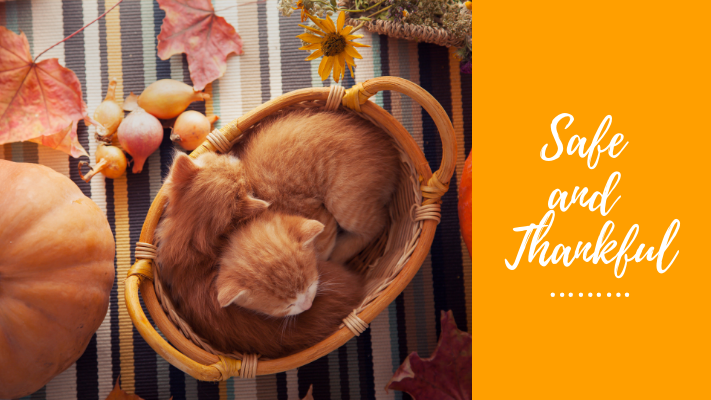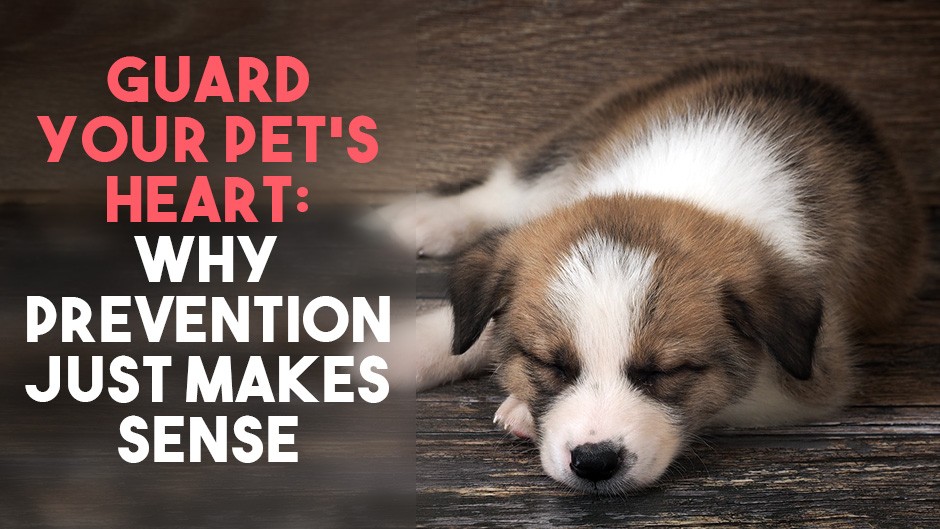Notchey Creek News
Top 5 Ways to Give Your Dog Their Best Life! (*HINT: Pay Special Attention to #5!)

Consider all the joy and love your dog brings into your life. Now, imagine if you could take measures to help your dog live longer with a better quality of life. Wouldn’t you want to return the happiness your dog provides you for years to come?
Fortunately, with proper care over your dog’s lifetime, she can live happier, healthier, and statistically longer.
Safe and Thankful

The hustle and bustle of Thanksgiving is a part of the tradition for many families. But in the commotion, it's important to keep safety in mind for our four-legged family members. Our Notchey Creek Veterinary Clinic veterinary staff offers these Thanksgiving safety tips to help you all have a safe and special holiday!
Only the Lonely

Does your dog chew, scratch, whine or bark when left alone? Or does your cat urinate in your bed or meow loudly? While more common in dogs than cats, you may be tempted to conclude your pet has separation anxiety. It's important to properly evaluate the behavior to avoid a misdiagnosis and delay in proper training or treatment to correct the issue as many of the behaviors and cues associated with separation anxiety can also be attributed to other medical or behavioral concerns.
Guard Your Pet’s Heart: Why Prevention Just Makes Sense

The heartworm parasite presents a serious and sometimes fatal threat to companion animals. Unfortunately, it is easy for your pet to pick up and difficult to treat in dogs. There is no heartworm treatment for cats.
The main route of heartworm transmission to dogs and cats is through a mosquito bite. When a mosquito bites an infected animal such as a dog, cat, coyote, fox, or wolf, its takes in larvae from baby worms. The larvae develop into mature heartworm over the next 10 to 14 days. If the mosquito lives that long, it will bite again and transmit heartworm to an unprotected pet or wild animal.